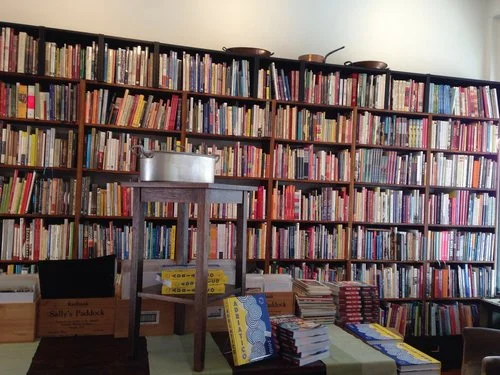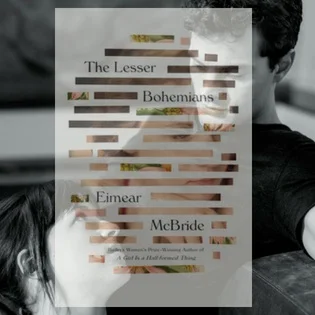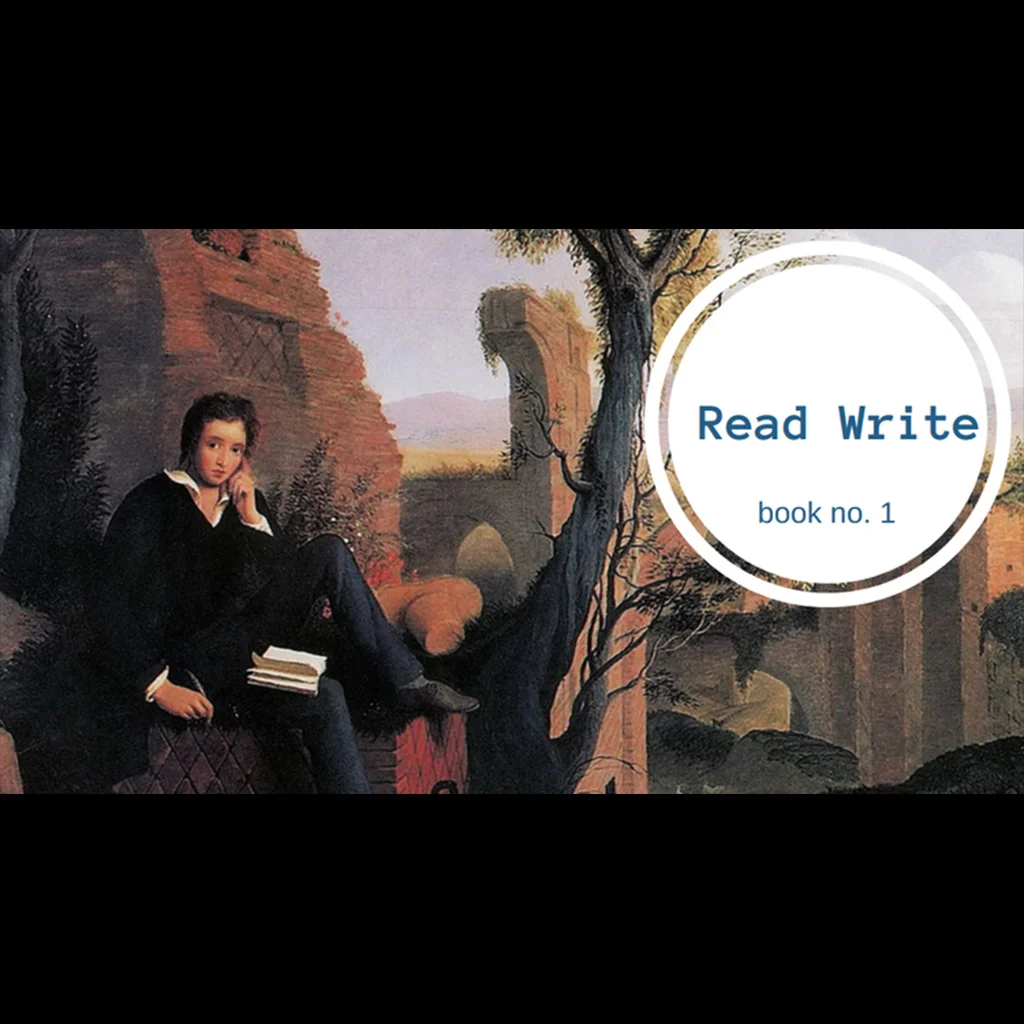FEATURED
EVERYTHING
Love Your Bookshop — Books for Cooks
Books for Cooks is a Melbourne staple – a delectable marriage of literary and food cultures, packed into a building bright with natural light in the middle of the Queen Victoria Market. If you visit on the days the markets are alive and full, you can hear the fruit and veg traders plying their wares five metres out the back door. What could be better than fresh fruit, a coffee and an armful of books?
The Continued Existence of Something Indefinitely
Permanence is the continued existence of something indefinitely – a tangible thing, like a tattoo. Yet permanence is not one-dimensional and it exists in the things we cannot touch as well. In our lives, there are junctures; moments when we make a decision and its effect is equally as permanent as an inked needle put to skin. When we encounter these junctures, we are not always aware that the decision we make in that moment will have percussive ramifications.
Parentheses (A Crash Course)
Parentheses (aka round brackets) are easy enough to use in theory. Stick them around some words in the middle of a sentence and you’re good to go. But what about square brackets – what are they for? And where does other punctuation go when there are parentheses involved? Can you put parentheses inside other parentheses? What are the specialised uses?
If you’re the kind of nerd who stays up at night worrying about these things (and even if you’re not), worry no more! We’ve got you covered with this convenient crash course.
Forgiving Everything: Can Good Writing Excuse A Problematic Story?
It’s a story we know well. A bright-eyed, sexually inexperienced girl falls for a man in a position of power. She’s shy but he’s mesmerised – he’s never met a girl like her before. She loses her virginity and calls it Love. But he has a secret past, it’s only a matter of time before it comes back to haunt him. He fucks up, but he’s sorry. She’s crying, but he’s sorry. He’s fucked in the head, he can prove it – and does, tells her everything about his troubled past. It’s not him, it’s history, it’s ingrained. But he loves her and he’s sorry; he’s never met a girl like her before. Through tears she – still young and inexperienced, despite all the Love they’ve been having recently – forgives him.
Read Write No. 1
John McPhee distils writing advice from a long career as a journalist writing for the _New Yorker_ and _Time_ magazine, among other publications. This is a gossipy book full of anecdotes about encountering bears in Alaska, rafting down rivers, hopping on trains and trucks, all for the sake of a good story. For these stories alone, the book is worth a read, but McPhee’s advice is also refreshingly practical, as he takes the reader through his writing process, letting us see how he resolves challenges. His advice for overcoming writer’s block seems genuinely helpful: write a letter to your mum explaining what you’re trying to write and where you’re struggling – then keep going.
Censorship – Finding Power In Blackout Poetry
Erasure, also known as ‘found poetry’ or ‘found art’, is an art form where a person erases words from an existing piece in order to create new meaning in an existing work or to create a new piece of writing all together. The act of crossing out and erasing allows the reader and writer of this new form to ask questions of the piece. Is this new work a piece of vandalism? Does it disparage or celebrate the original work? Some works aim to subvert the original meaning of a text and some aim to decrease the trace of authorship and authority that the writer has over the text.


















